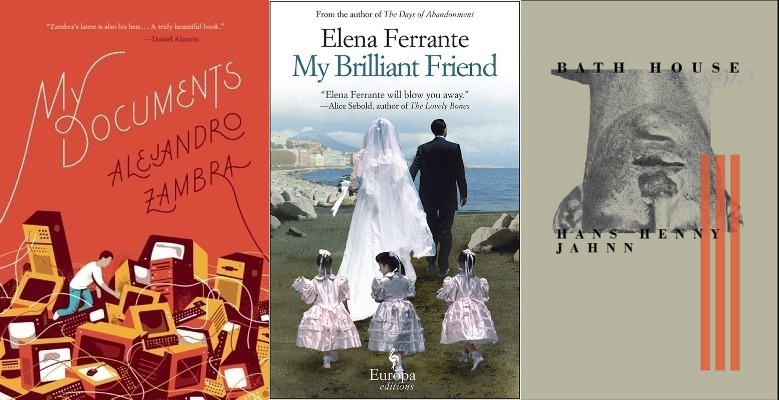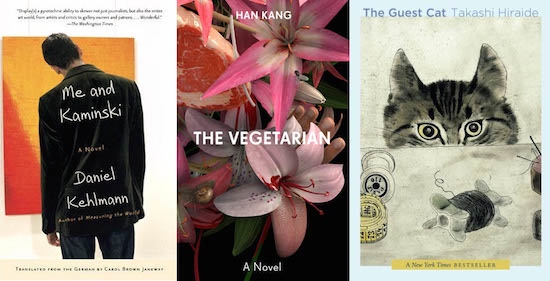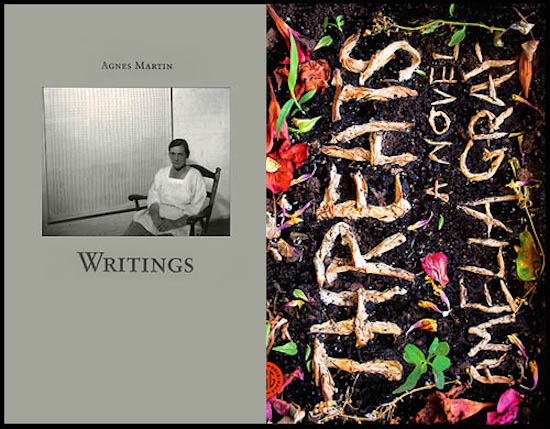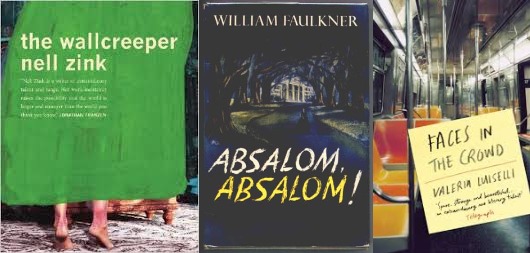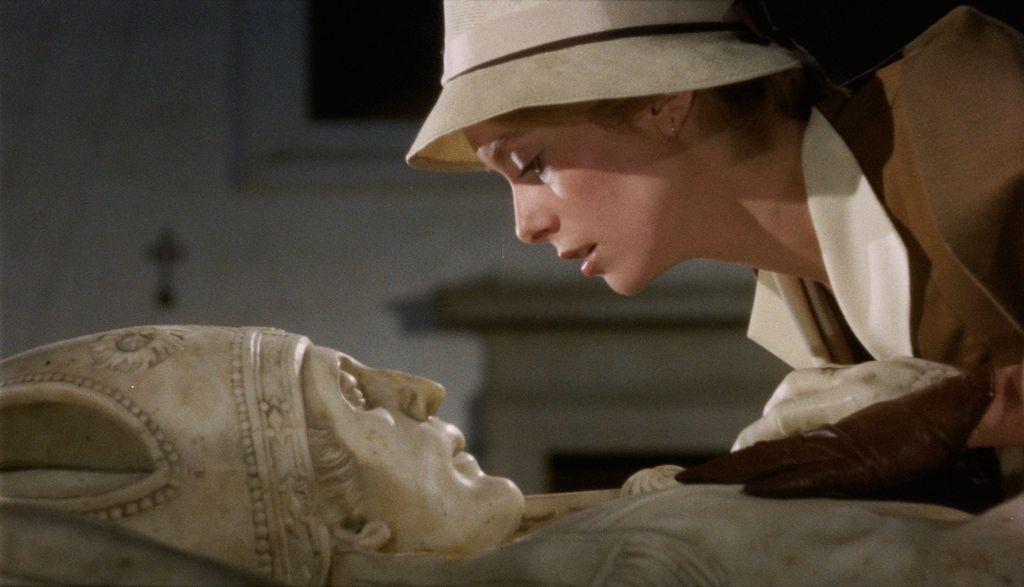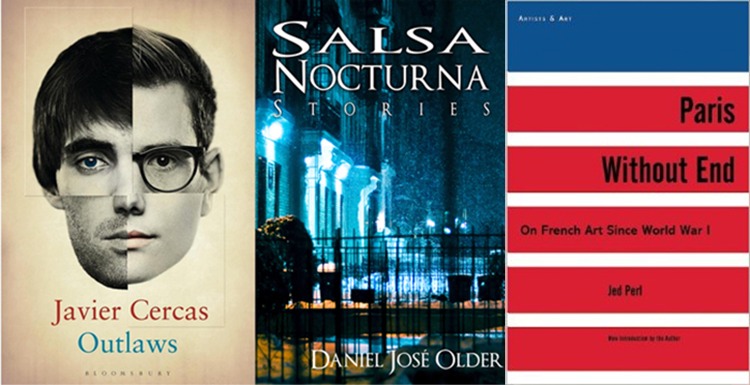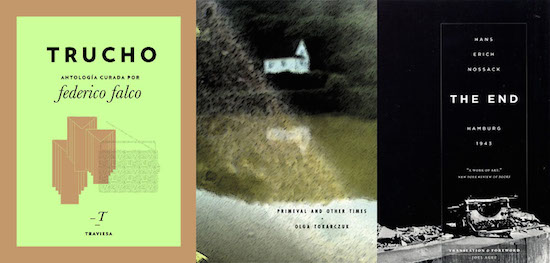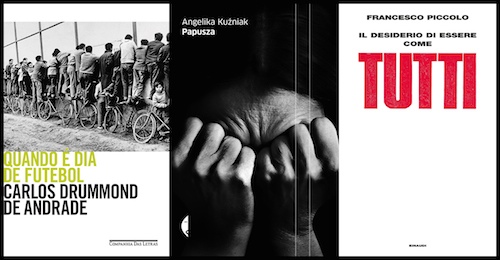Happy Thanksgiving to all American readers! Ahead of Black Friday and Civilised Saturday (the antidote to Black Friday proposed by some booksellers in the UK), here are some book recommendations from the Asymptote Blog staff.
The Fly Trap by Fredrik Sjöberg, translated by Thomas Teal—reviewed by blog editor Ryan Mihaly
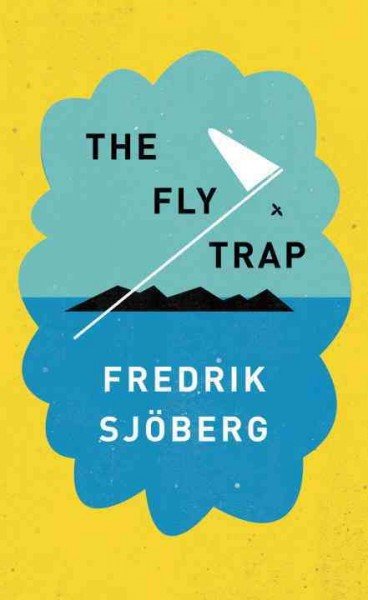
Fredrik Sjöberg’s excellent nature-memoir The Fly Trap, translated by Thomas Teal, caught me completely off guard. I did not expect to be so enthralled by the musings of a fly collector (properly, an entomologist) who lives alone on an island in Sweden. The book is unforgettable from the very first line: “It was during the time I wandered the streets near Nybroplan with a lamb in my arms.” The first chapter details Sjöberg’s brief stint with a community theatre where he was responsible for carrying a lamb to the set every day, because the director of the play refused to use a mechanical lamb. This bizarre and beautiful chapter serves as a brief prelude to his even stranger life collecting flies. READ MORE…


